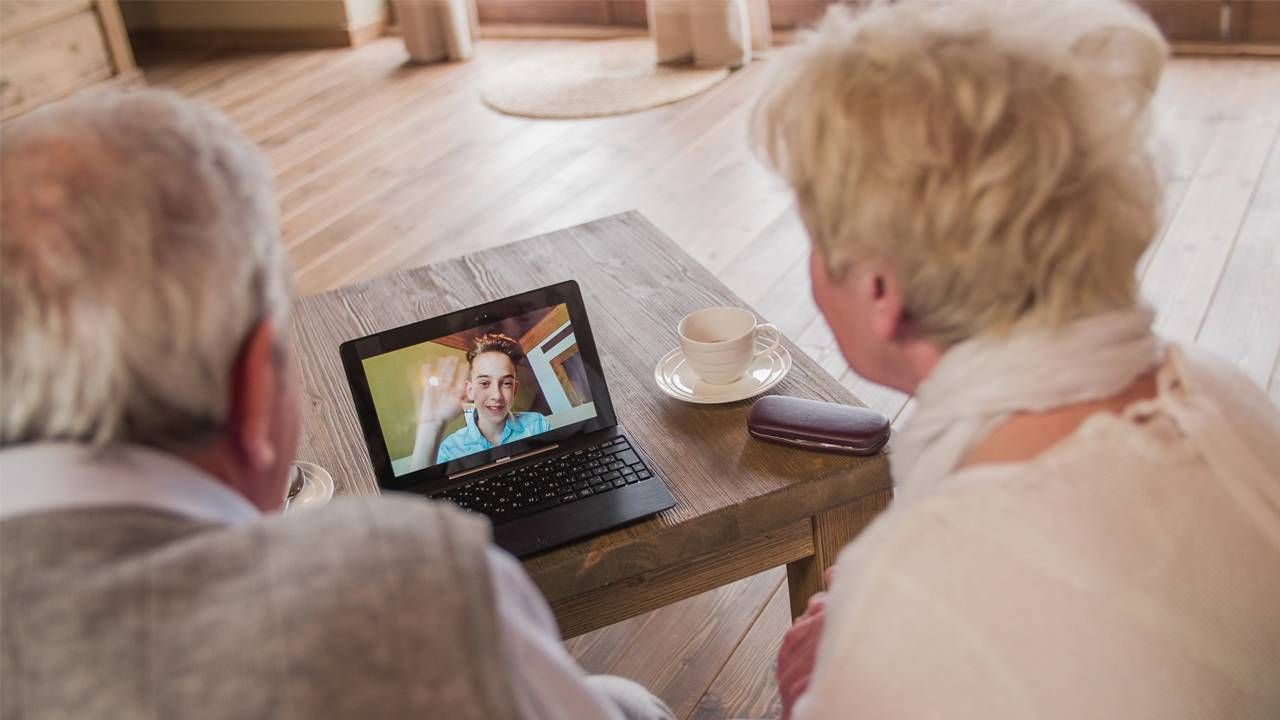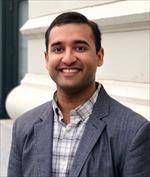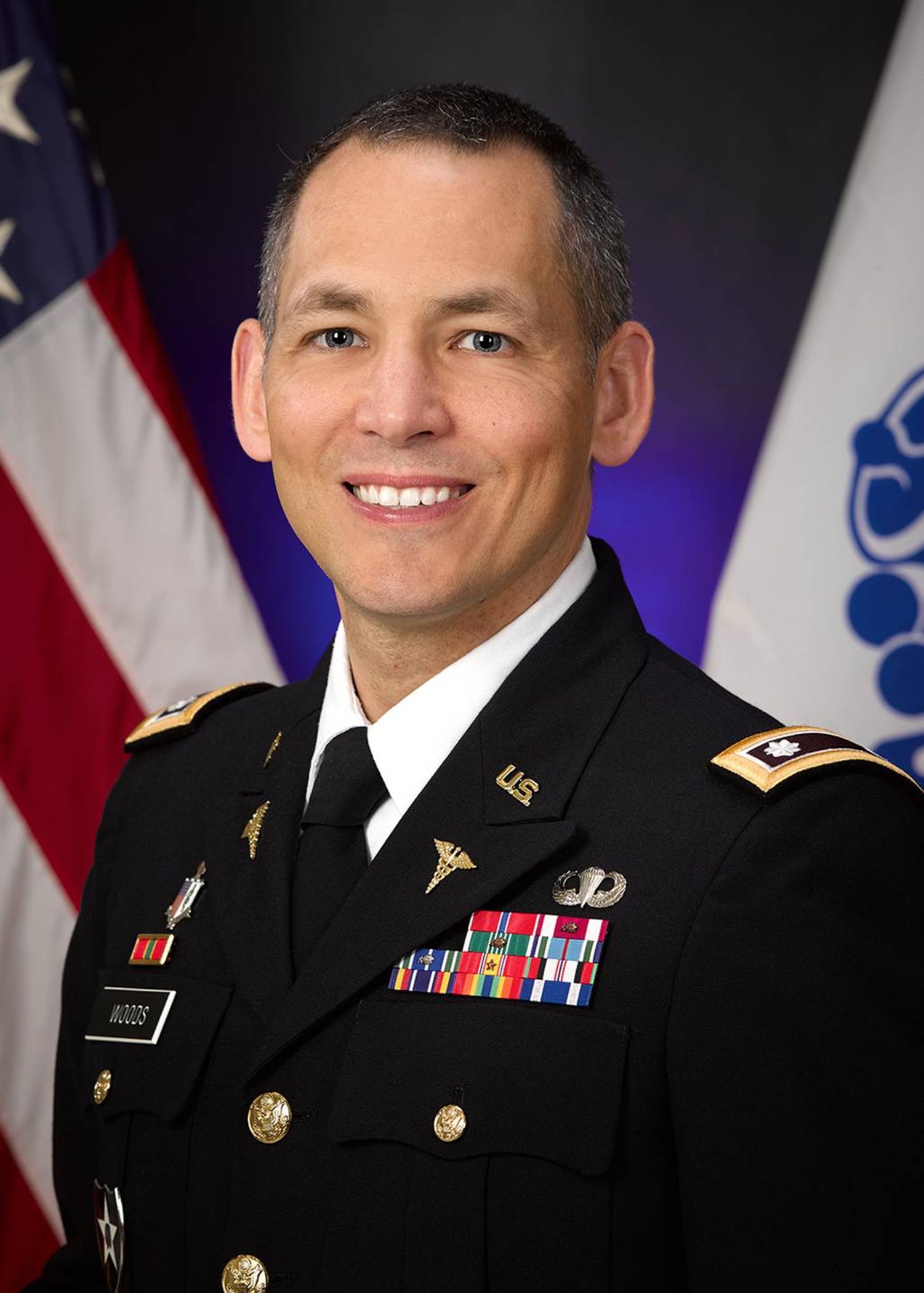Coping With COVID-19: It Takes More Than Medicine
As social isolation takes its toll on older adults, many find ways to cope
The holidays, for all their glitter and manufactured cheer, are also notorious for stoking feelings of loneliness and depression.

This year – the first holiday season of the COVID-19 pandemic – will be a bigger test than usual. With coronavirus cases on the rise again across the country, caution will dictate more social distancing and isolation, particularly among older Americans.
Some of the nation's most respected health authorities, including Dr. Anthony Fauci and his boss at the National Institutes of Health, Dr. Francis Collins, have publicly said they're foregoing large family gatherings at Thanksgiving this year.
"It can't be understated how important social isolation can be on the health of older adults," says Dr. Ashwin Kotwal, a geriatrician and palliative care specialist at the University of California, San Francisco. "Just like any drug, the social precautions for the COVID-19 pandemic have side effects," he explains, "how older adults are able to interact with their community, see their grandchildren, continue staying physically active and continue even going to see their doctor with normal checkups."
Earlier this year, Kotwal decided to try to pin down some of those effects by checking in every two weeks with a cross-section of 151 older adults living in the San Francisco Bay Area. The survey group, which averaged 75 years of age, revealed a wide range of loneliness and social isolation. More than half attributed "worsened feelings of loneliness" directly to the pandemic.
"Aside from people who are so generously helping me, I don't see anybody."
The team measured loneliness using a scale developed at UCLA that gauges study subjects' responses to a series of statements, such as "I lack companionship," "I feel left out" and "I feel isolated from others." Overall, Kotwal's research team found indications of social isolation in 40% of its interviews.
The Digital Divide
During the interviews, a major factor in social isolation revealed itself: a lack of comfort or know-how with internet and technology-based means of connection, such as video calls and even email. Nearly half of respondents reported no "video-based socializing" and one in four said they lacked even the most basic internet-based connections, such as email.

This means that many older Americans were passed by when the world's interactions moved largely online during early pandemic-related "lockdowns."
Sue Baldwin counts herself among this group. The 89-year-old widow lives alone in a remote hamlet in upstate New York. She has no computer and doesn't want one, and no cellphone for face-to-face interactions with her children and grandchildren, spread across the country from New Jersey to New Mexico.
"It's made me even more introspective, I suppose, and dependent on the television, which I shouldn't be," Baldwin laments. Her only direct link to the world outside her rambling colonial home is a conventional telephone landline.
Neighbors have been taking turns doing Baldwin's weekly grocery shopping, something she dearly misses doing herself. "Aside from people who are so generously helping me," she says, "I don't see anybody."
Our Commitment to Covering the Coronavirus
We are committed to reliable reporting on the risks of the coronavirus and steps you can take to benefit you, your loved ones and others in your community.
Read Next Avenue's Coronavirus Coverage
"I think that speaks to a need to identify people who are not doing well during this pandemic, more systematically," says Kotwal.
But Kotwal notes a more encouraging finding, too: some older people have found ways to adapt and over time, some of the feelings of isolation have actually diminished.
"We were surprised that most people actually improved over time," he says, by moving activities such as book clubs and even dance classes online. In some cases, concerned loved ones started checking in more often by phone, too.
"We need to find ways to support people, look out for one another, think about the people who might be more vulnerable to the effects of this pandemic."
"They actually received more proactive outreach from their children and family members," says Kotwal.
In Kotwal's peer-reviewed study, published in September in the Journal of the American Geriatrics Society, respondents noted that the COVID-19 restrictions had amplified prior feelings of isolation, such as the recent loss of a spouse. Some noted "high anxiety" and remarked that the loneliness was affecting their physical and mental health.
Baldwin can relate, having just lost her 59-year-old daughter to brain cancer when the pall of a growing pandemic descended.
"That colors everything, and I think it's intensified," remarked Baldwin in a recent socially distanced back porch interview. "I'm in mourning anyway and with this added isolation, it's more pronounced. I miss talking to people."
A major study by Johns Hopkins University recently found that "the social distancing aspects of the current pandemic may have particularly significant effects on mental health." These include mental health challenges for people of all ages, including "loneliness, acute stress, anxiety, and depression." The research affirms the need for a greater focus on these effects of the pandemic for patients and non-patients alike.
Isolation has taken its toll in some very tangible ways, as well.
"Oh, absolutely," says Dr. Kevin Woods, a heart specialist at Capital Cardiology Associates in Albany, N.Y. He says that during the pandemic's first major assault, a significant number of people stopped showing up for appointments out of fear of contracting the virus.

Dr. Kevin Woods
Baldwin, who is diabetic, says she's been able to keep her doctor's appointments only because she has friends who can drive her back and forth.
"The social aspect of this is incredibly difficult," says Woods, who worries about his hospitalized patients as local hospitals respond to increasing coronavirus cases by reverting to strict no-visitor policies.
"Particularly sicker patients, older patients, patients with disabilities," he notes from making his hospital rounds, "and the family's not there with you at bedside to help augment the history of the patients, to help communicate information with the patient, to be emotionally supportive."
'Grasping at Straws'
Despite these challenges, outcomes for older patients who've contracted the virus have been improving, as have outcomes for coronavirus patients overall.
Physicians attribute much of this to climbing the learning curve during the first wave of patients. Helpful therapies have emerged and medications like remdesivir approved, and the coronavirus treatments are now more nuanced.
Kotwal says clinicians were "grasping at straws at the beginning,"
"I think that early on in the pandemic we were turning to respirators or ventilators earlier because of concern that more intermediate steps would risk spreading the virus into the air," he says. "Some of that thinking may be changing."
In a study of three New York hospitals published in October, researchers at New York University documented a drop in coronavirus-related mortality from more than 25% in the early spring to less than 8% by late summer. (Researchers noted, however, that the average age of hospitalized patients had shifted younger over the same period, a possible factor in the improved outcomes.)
"But I think as a society we also need to do more," says Kotwal. "We need to find ways to support people, look out for one another, think about the people who might be more vulnerable to the effects of this pandemic."
"You can talk about being in a nursing home and being isolated," adds Woods, "but if you're in the hospital by yourself, in many ways you're isolated there, too. And not having that social support is very difficult."
Baldwin, however, is philosophical about her own situation. She can remember her home town in Massachusetts taking in refugees from the London Blitz during World War II. So she takes her current challenges in stride, like the child of the Great Depression that she is.
"I think you march through and do what you can," she says.

Read More

